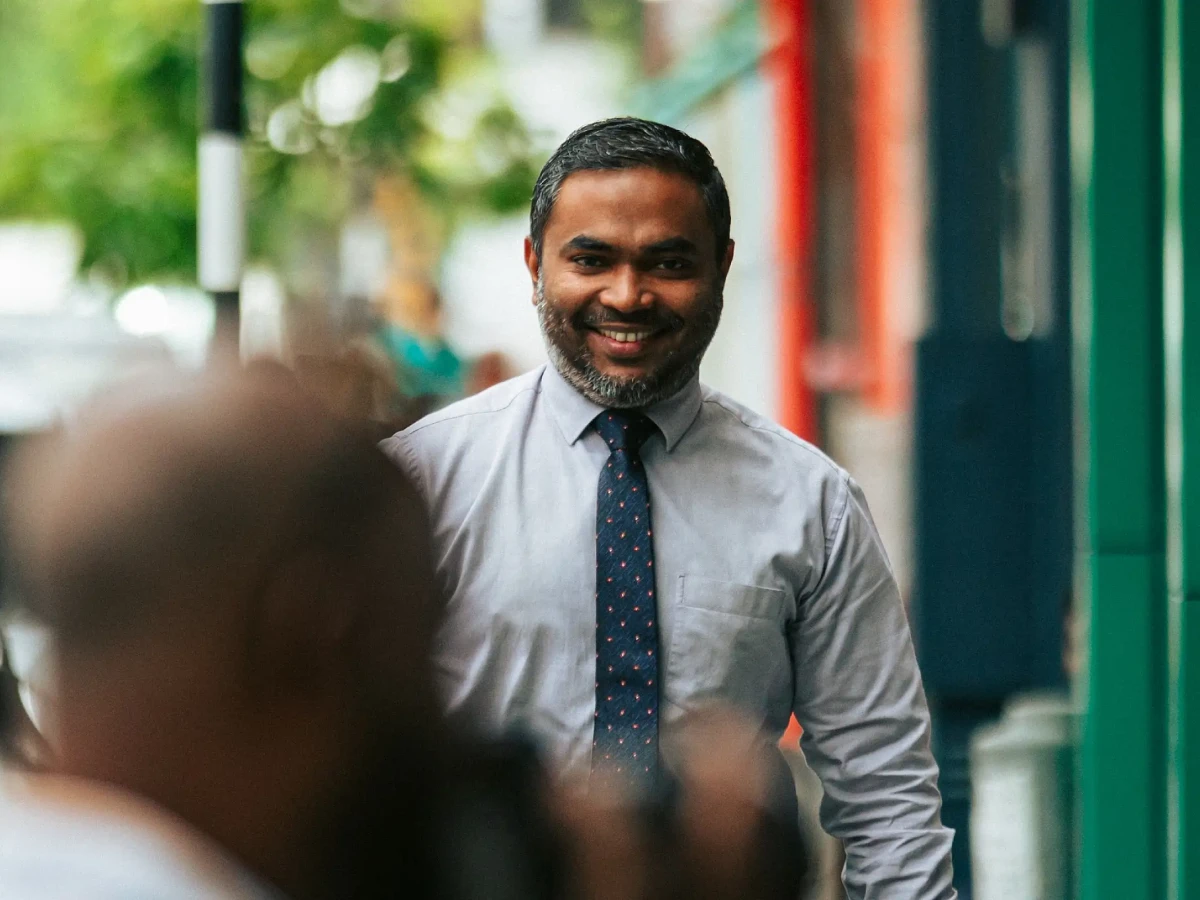
Mahaz denies yielding to influence after 'illegal' SC dismissal
His statement came shortly after the Parliament voted to remove him and fellow judge Dr Azmiralda Zahir from the Supreme Court.
Top Stories
Former Supreme Court Judge Mahaz Ali Zahir said on Wednesday that he did not yield to any influence, internal or external, during his tenure on the bench.
His statement came shortly after the Parliament voted to remove him and fellow judge Dr Azmiralda Zahir from the Supreme Court.
Mahaz made the remarks in a post published on social media. In the post, he said he was satisfied with his work at the Supreme Court and that he carried out his responsibilities willingly.
Mahaz also extended his thanks to those who expressed concern over the process, including journalists, lawyers, associations, and individuals who voiced opposition to what he described as “illegal activities.”
The Parliament voted to remove both Mahaz and Azmiralda following a recommendation by the Judicial Service Commission (JSC). The decision passed with 68 votes in favour and 11 against.
The JSC’s recommendation was based on allegations that the two judges influenced the Criminal Court in a case involving the arrest and detention of Dr Ismail Latheef, Azmiralda’s husband, who was taken into custody from a massage parlour.
Parliamentary Counsel General Fatimath Filza had advised the Judiciary Committee that the JSC’s initiation of a disciplinary inquiry against the two judges was not lawful. However, the committee proceeded with its report, which was submitted to Parliament for a vote.
The judges were suspended shortly before the Supreme Court was set to hear a case involving an interim order on the implementation of a constitutional amendment. The amendment concerns the potential loss of a parliamentary seat if a member changes political parties.
Judge Husnu Suood, who later resigned, was also suspended in relation to the same matter.
Both Azmiralda and Mahaz have publicly stated that the disciplinary actions were aimed at influencing the court’s handling of the constitutional case. Several international organisations, including the United Nations and the Human Rights Commission of the Maldives (HRCM), issued statements raising concerns over the process.




